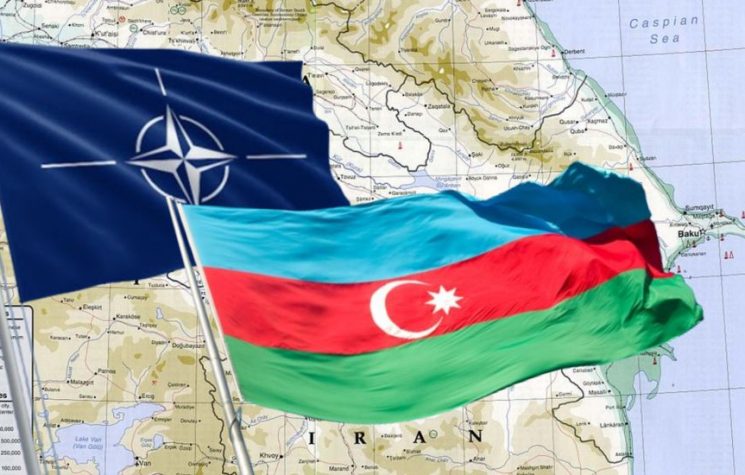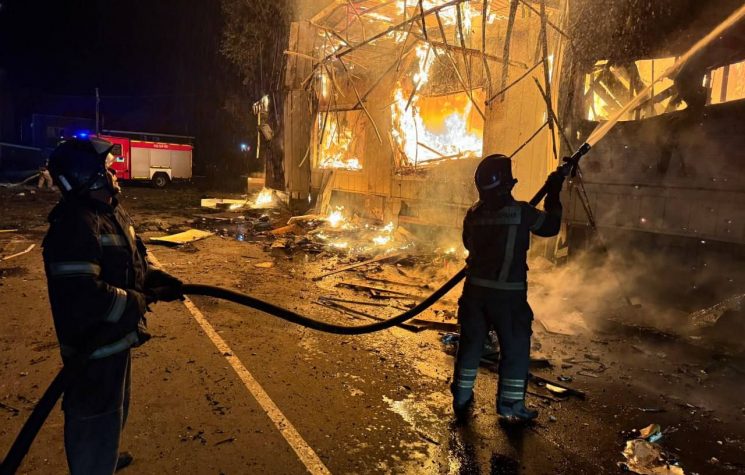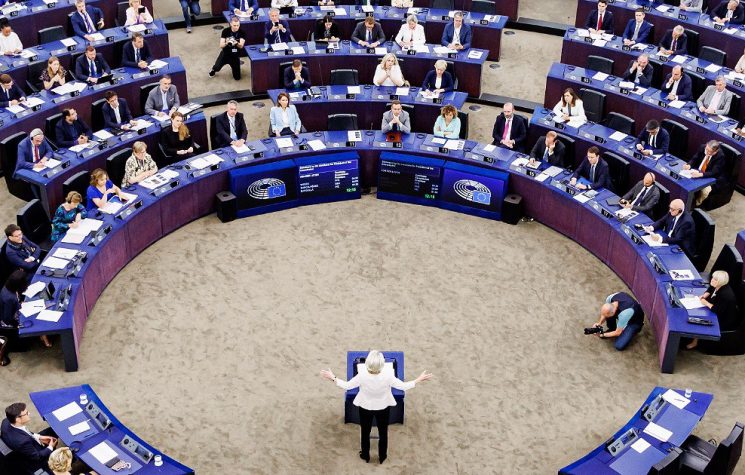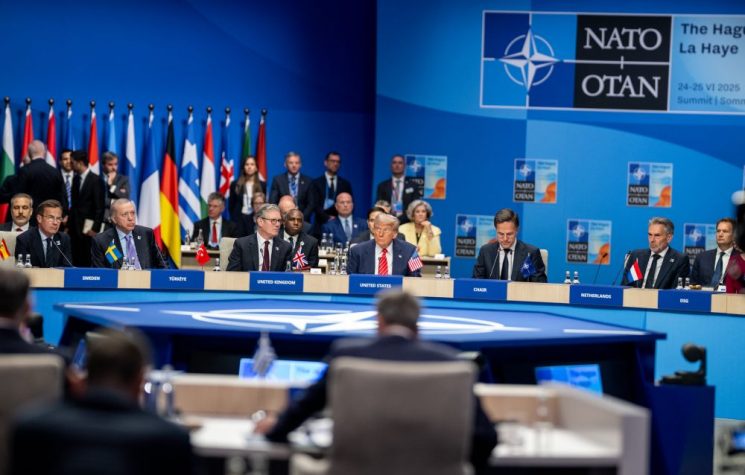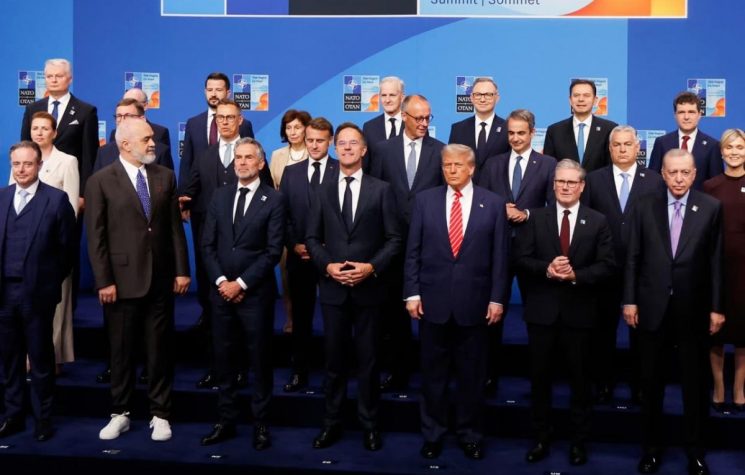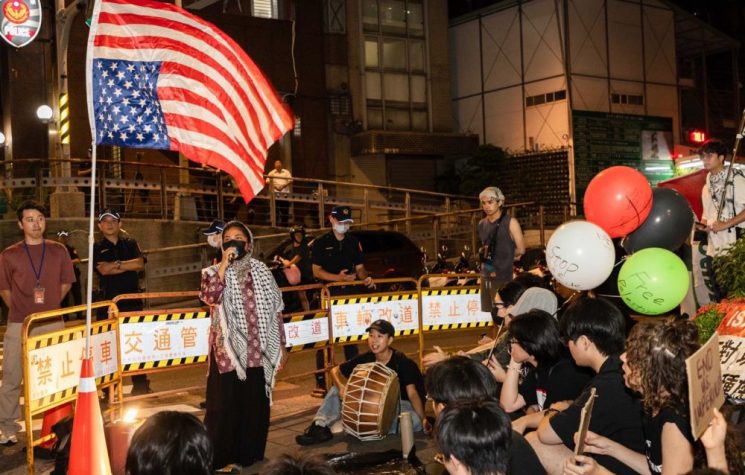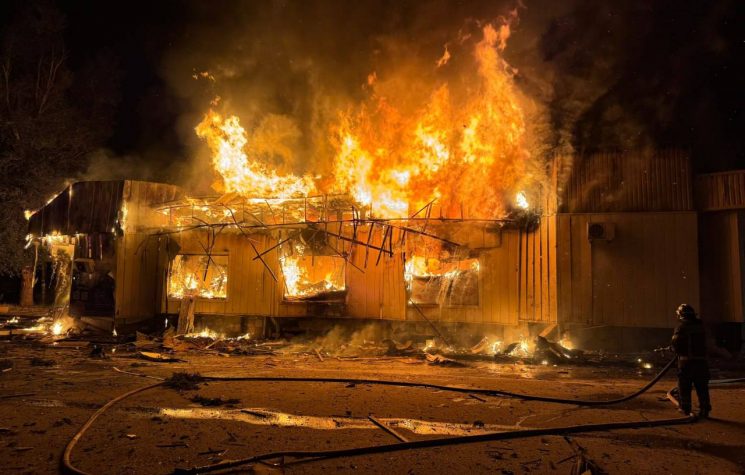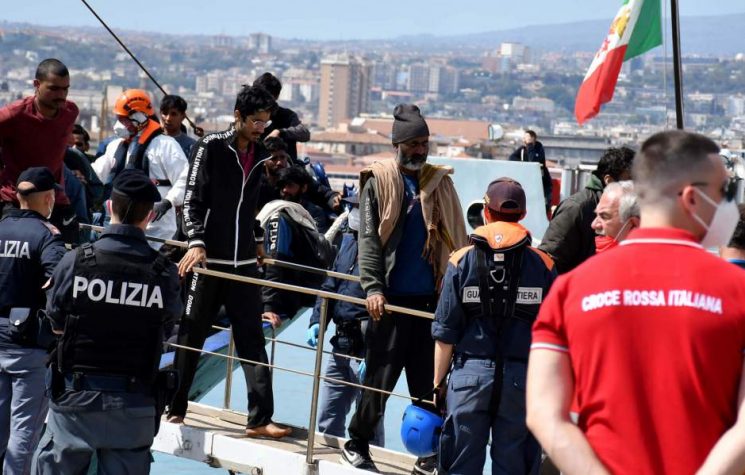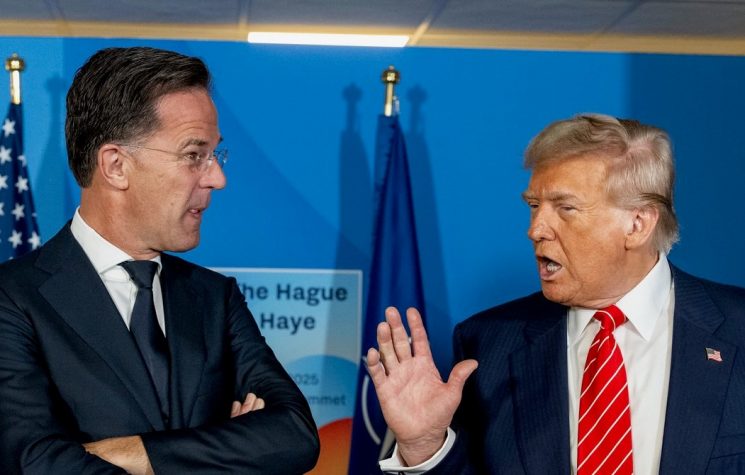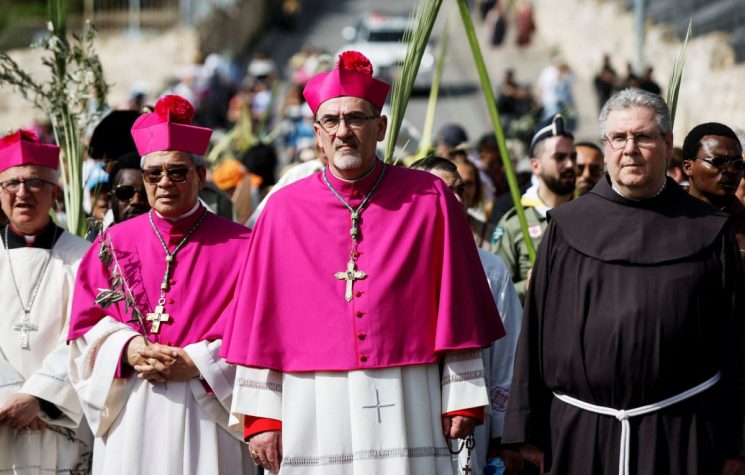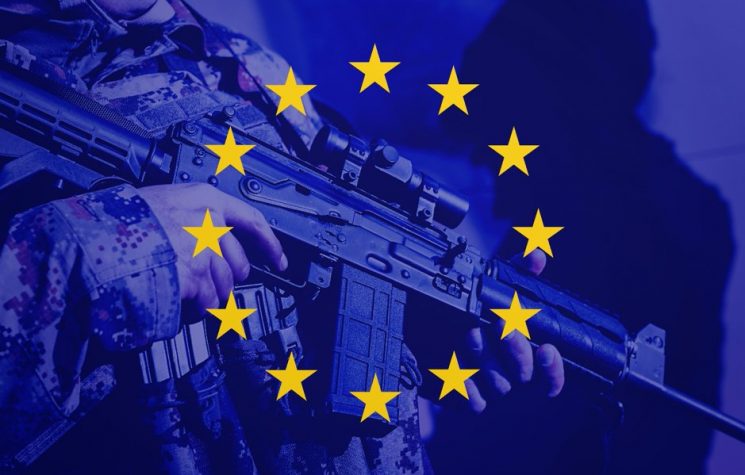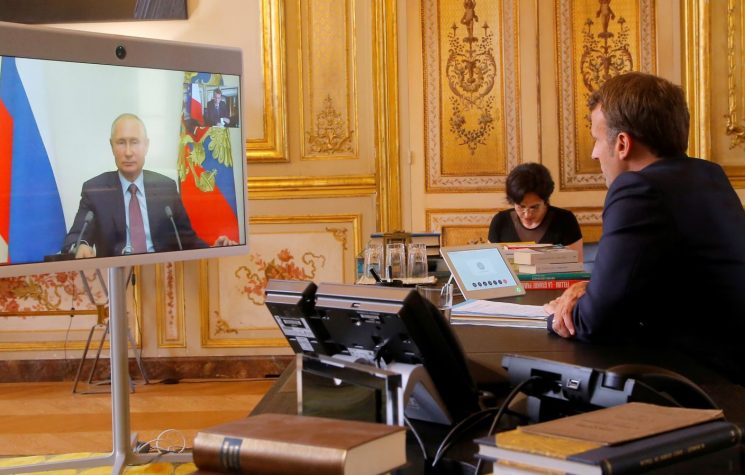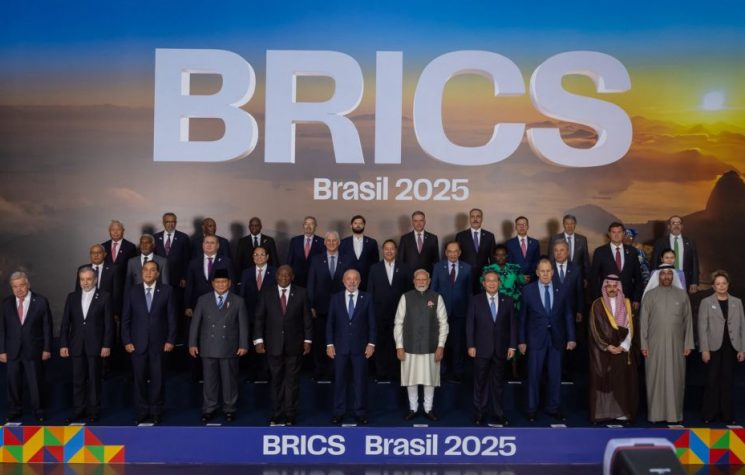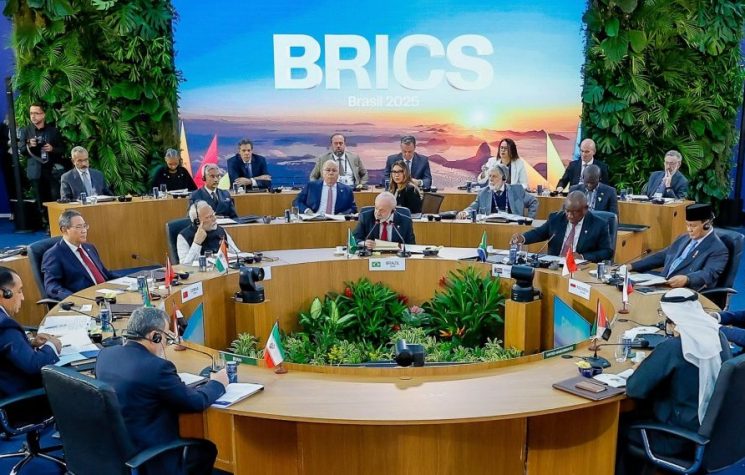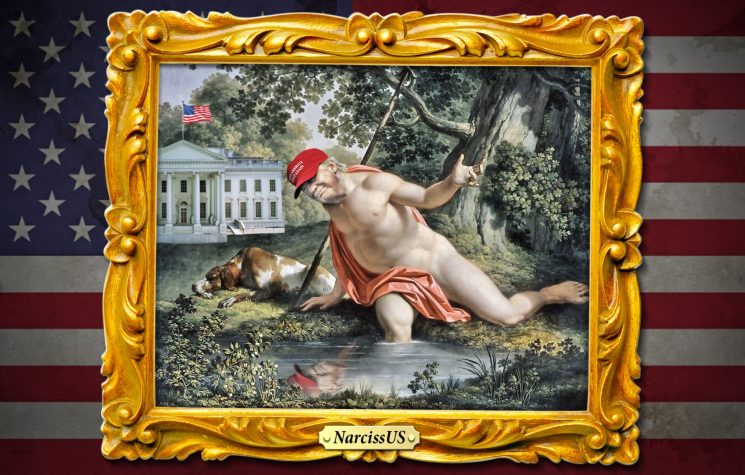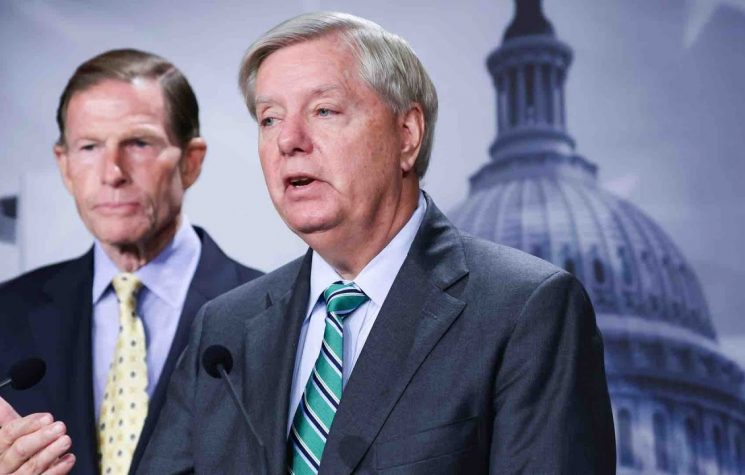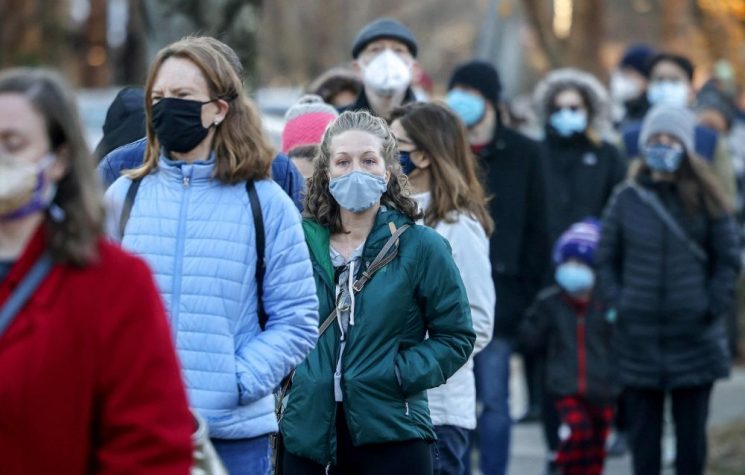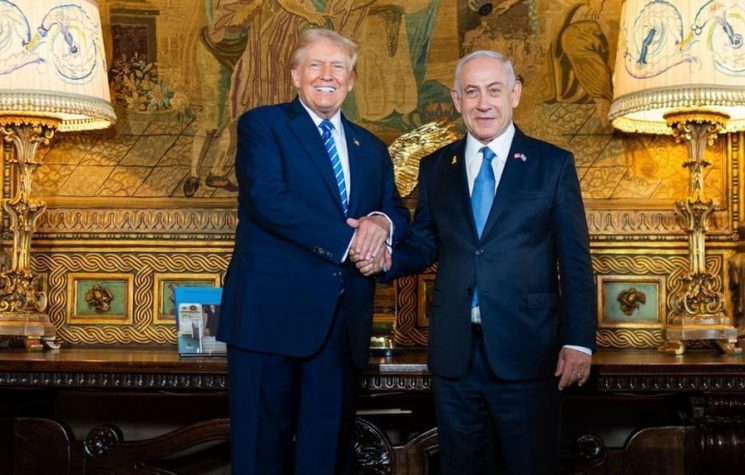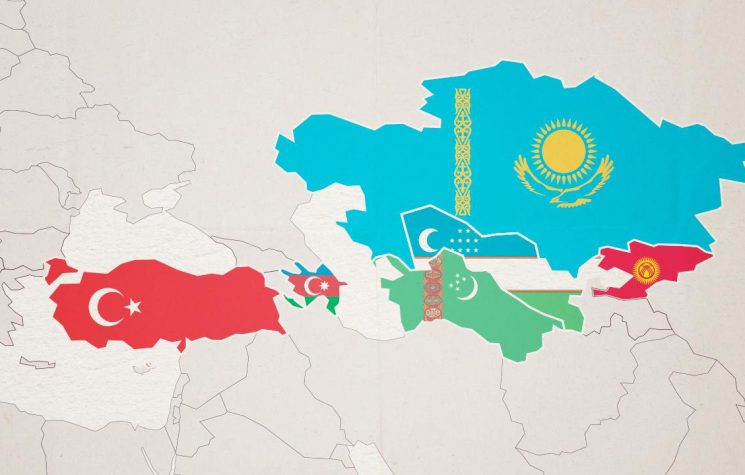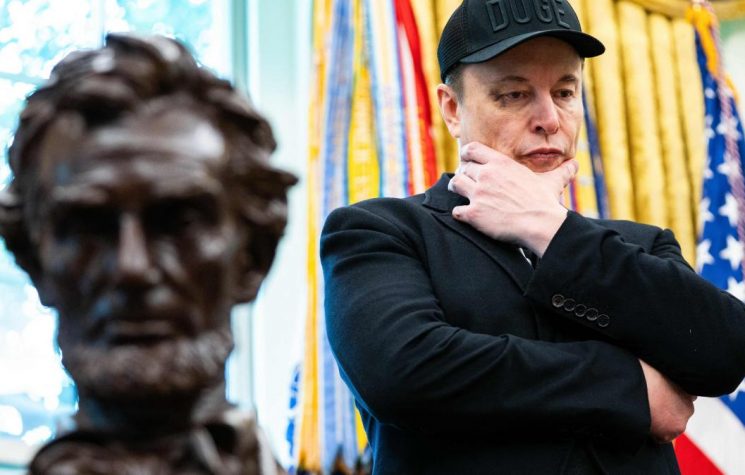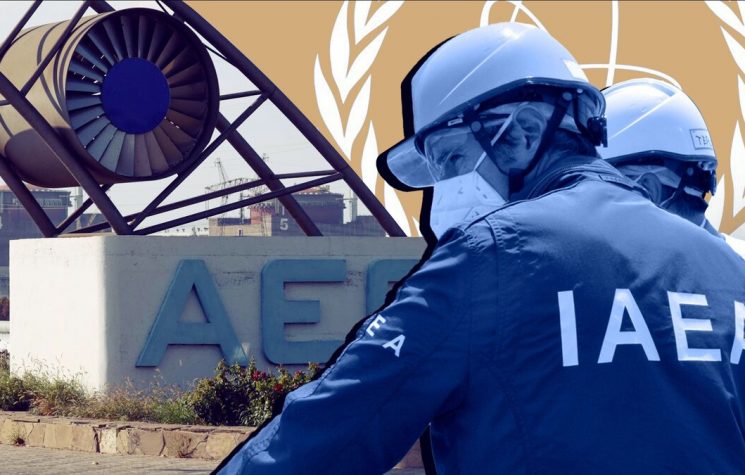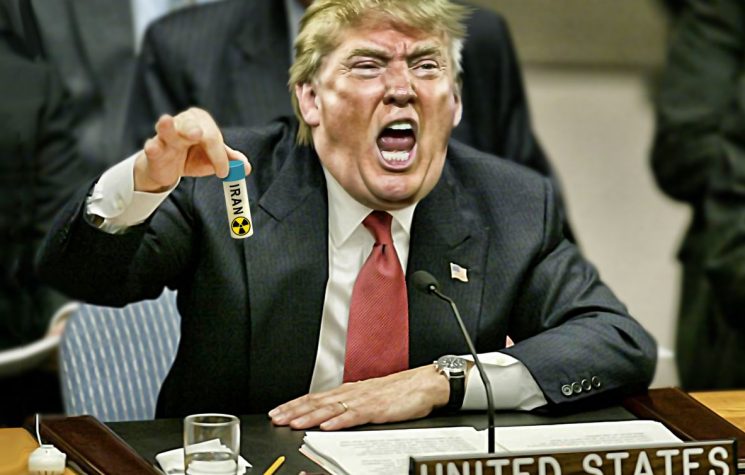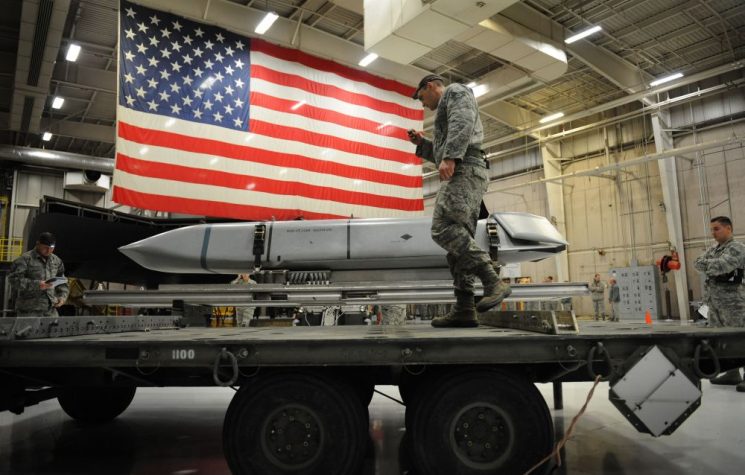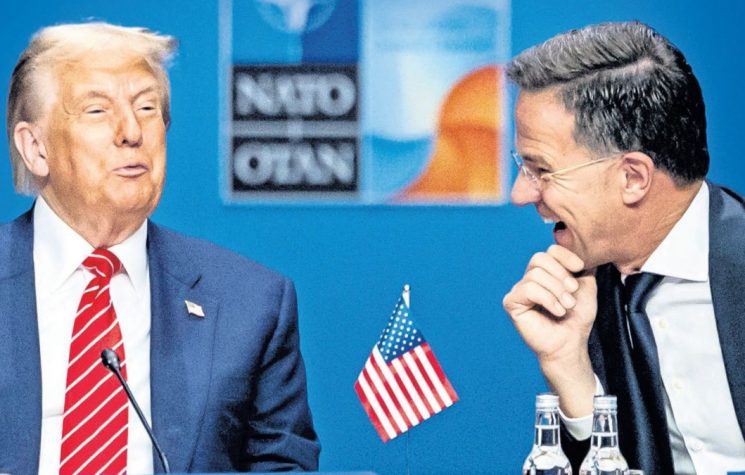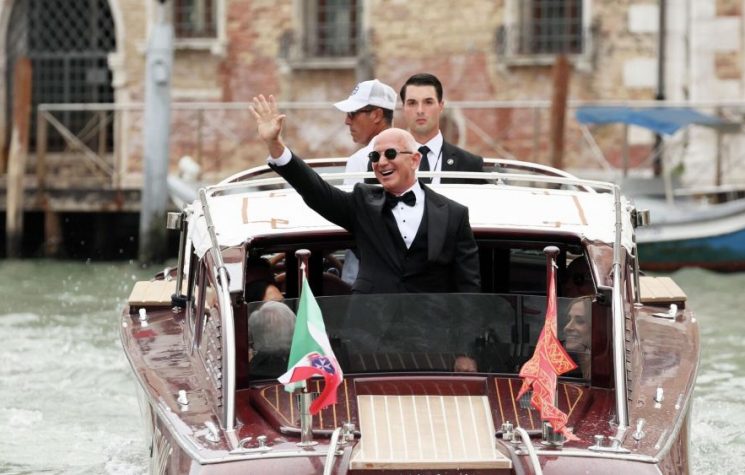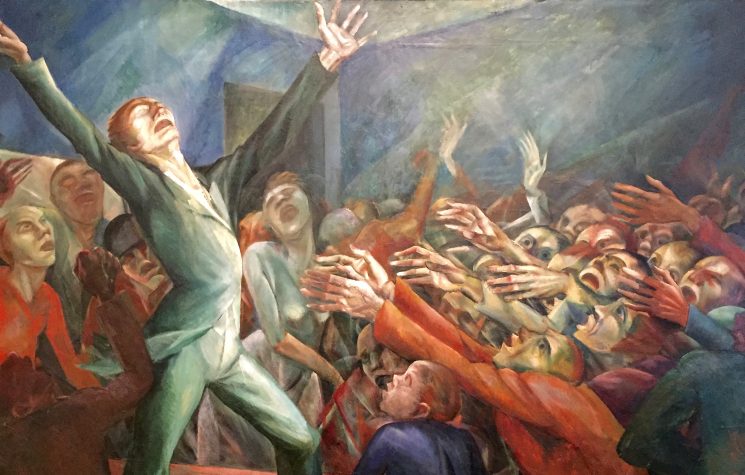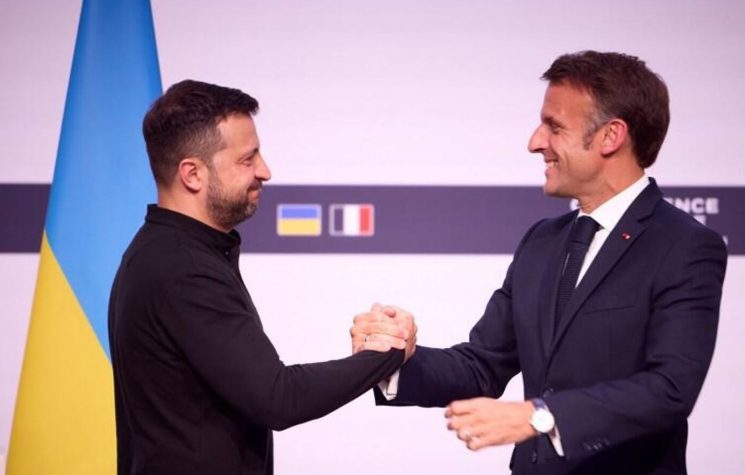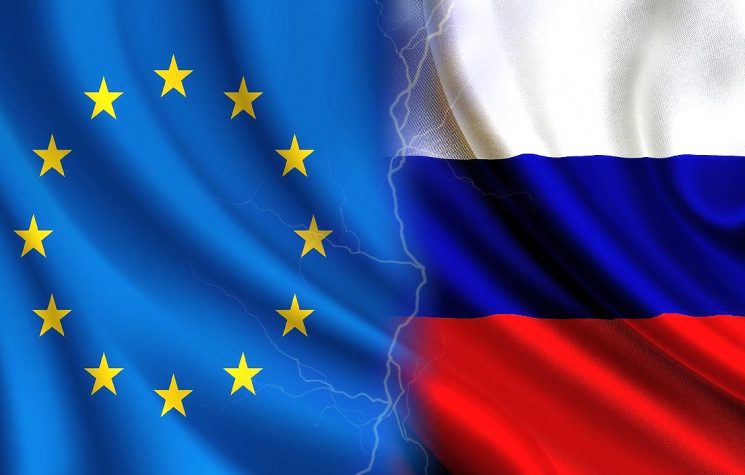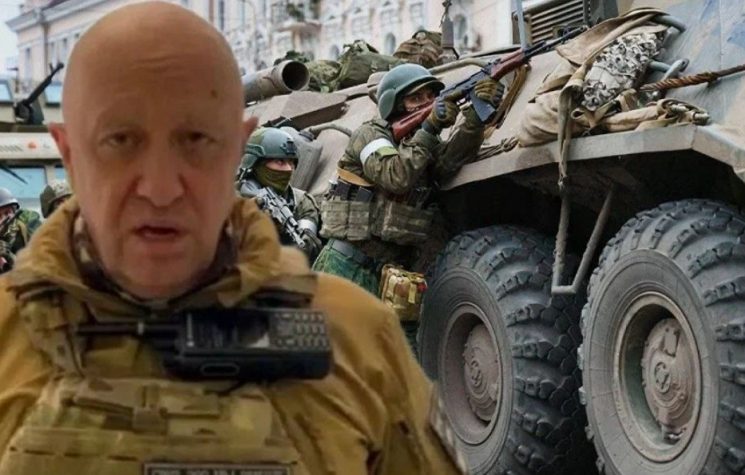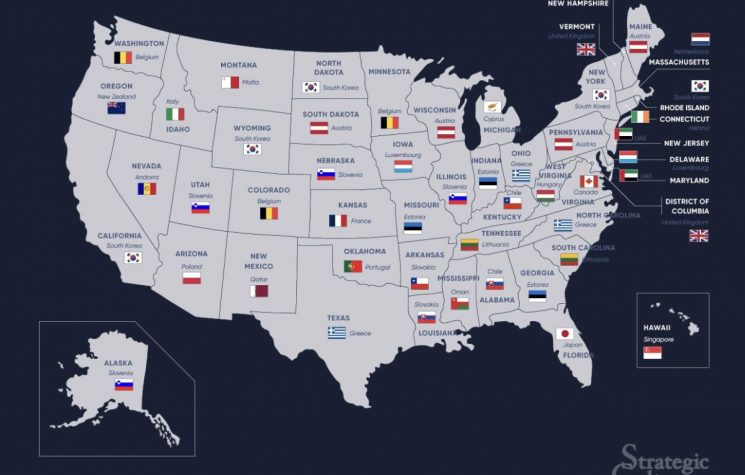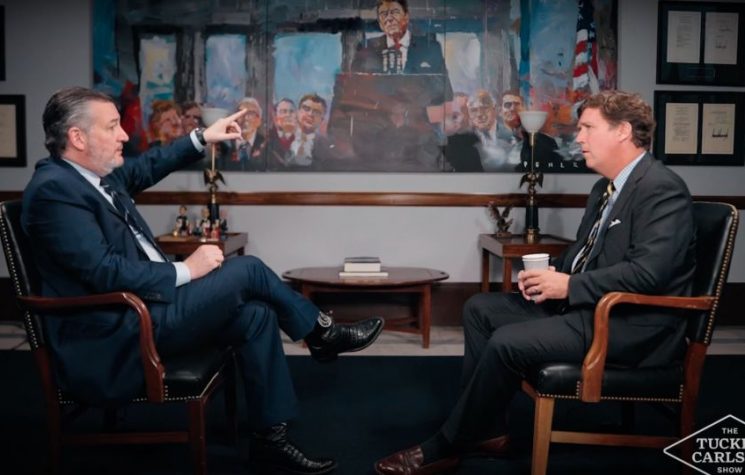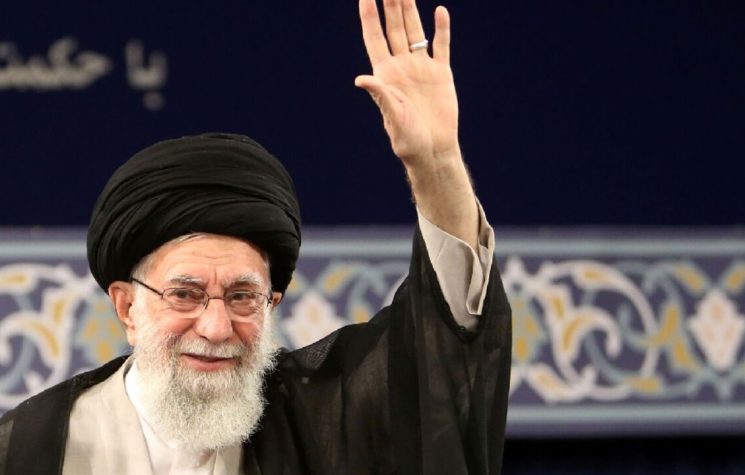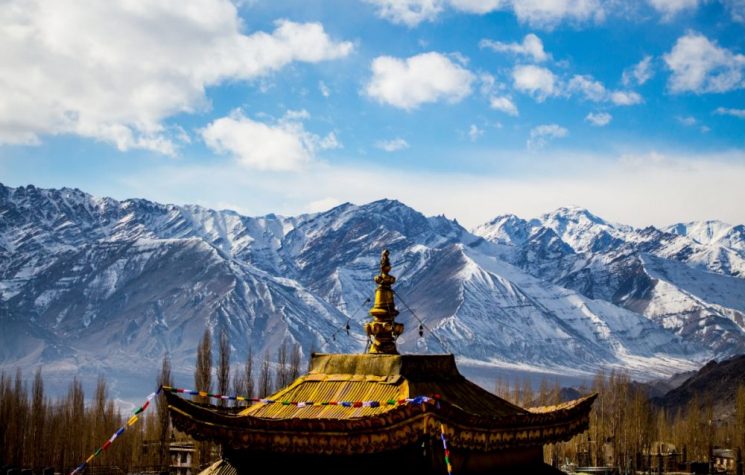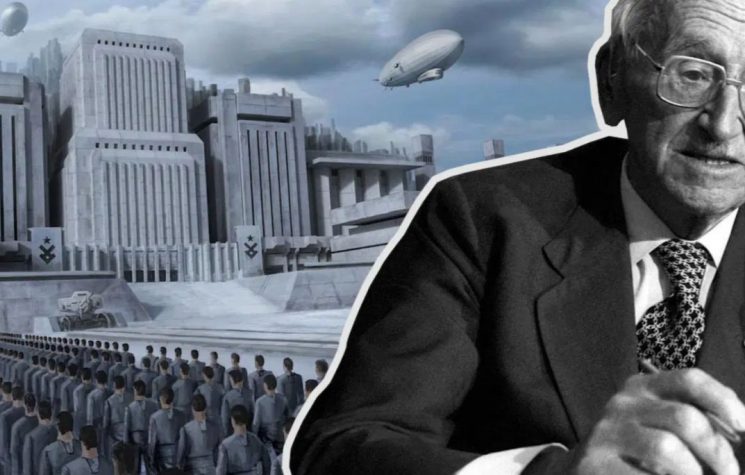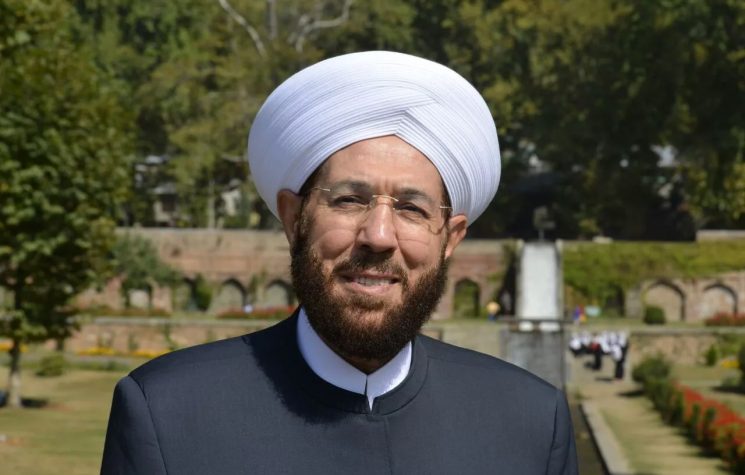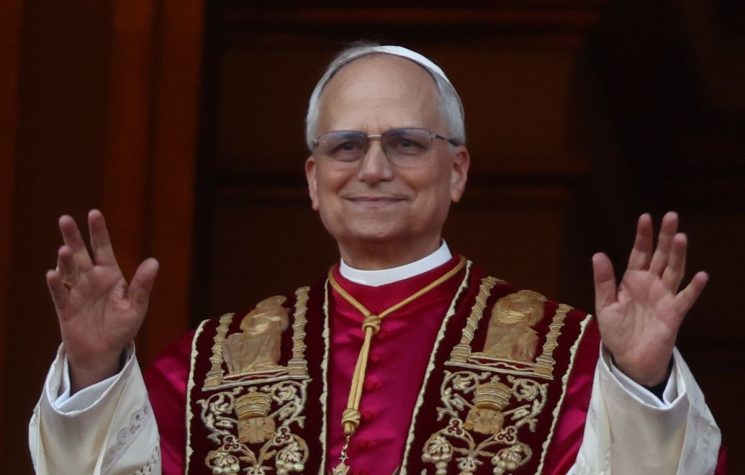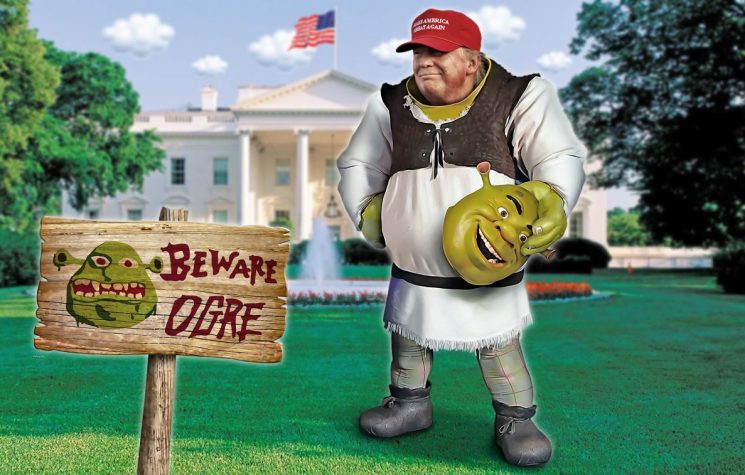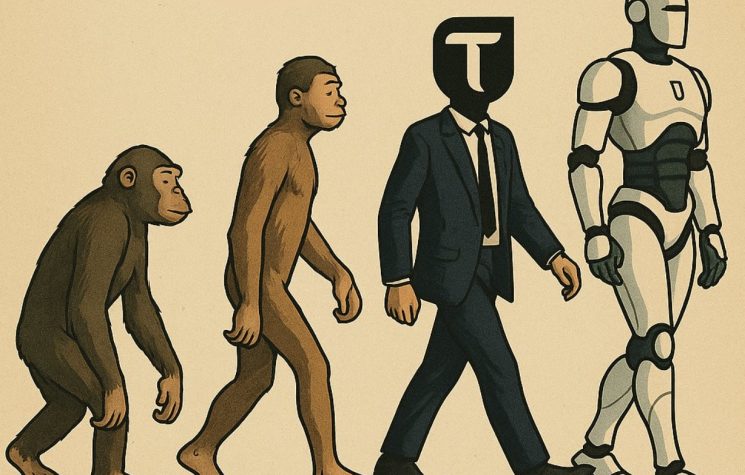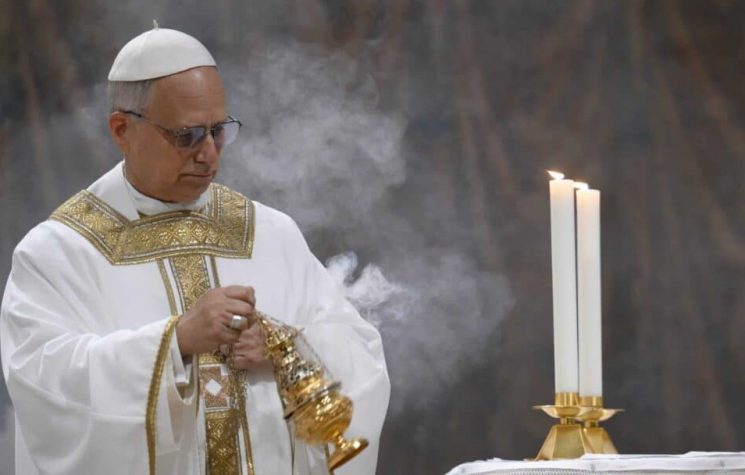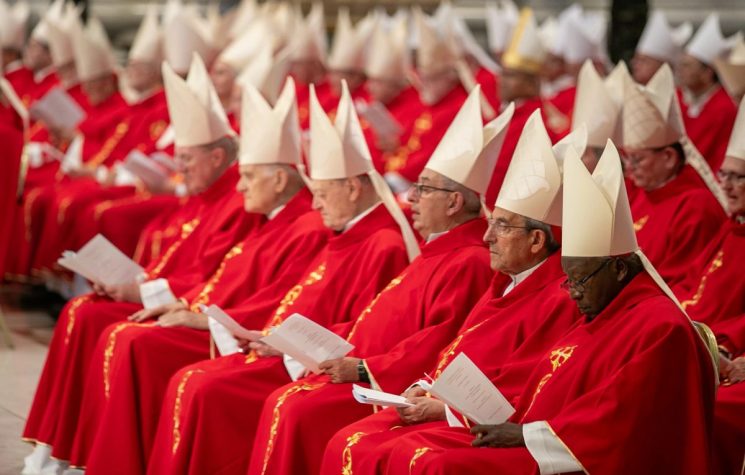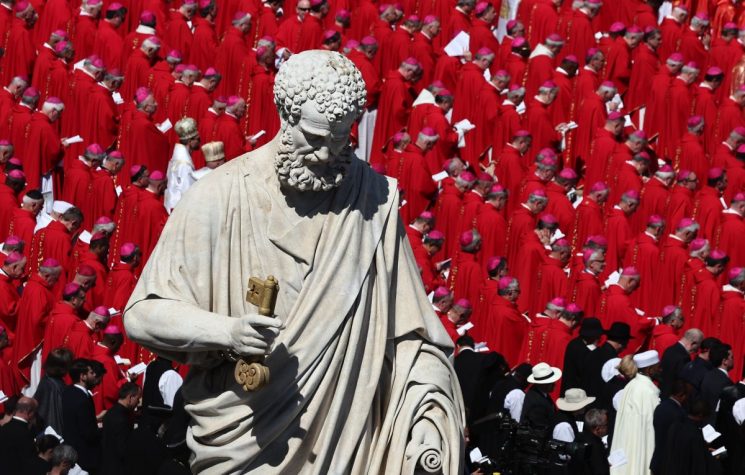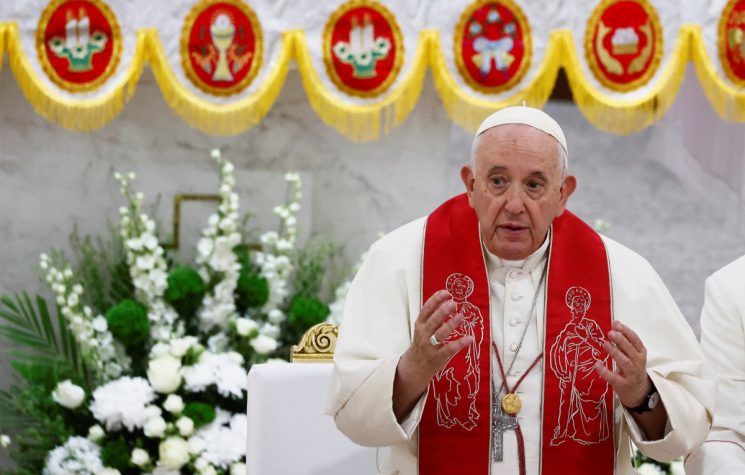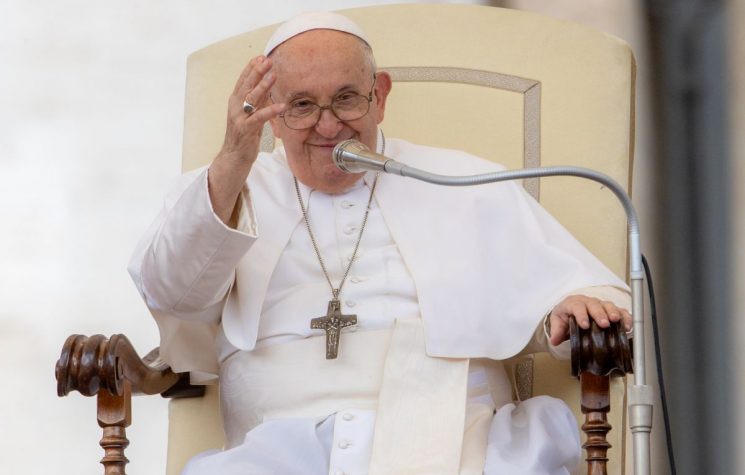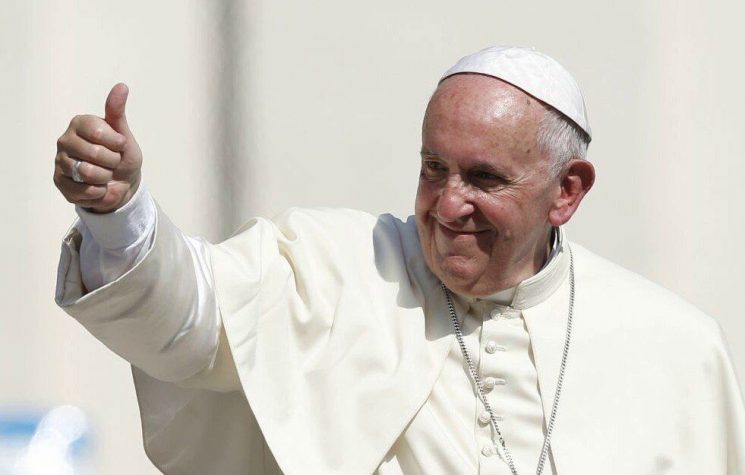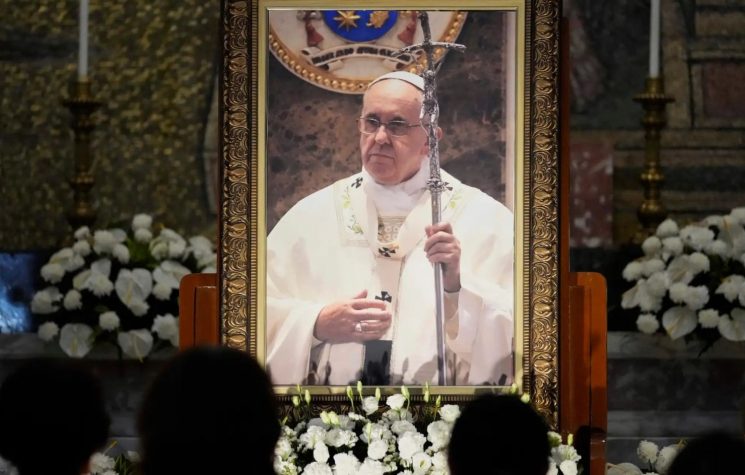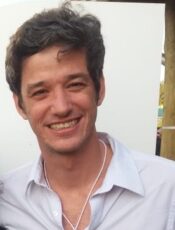The possibilities of non-confrontation arrangements among nations lie more on diplomatic engineering of checks and balances that are able to tie up and suppress the violent behaviors of the countries than on the real possibility of eliminating religion, geopolitics, and capitalism.
Recent events concerning some speeches of international authorities might help to understand heavier social dynamics regarding the reasons for the war in Ukraine.
Firstly, in March 2022, Pope Francis, head of the Catholic church, stated that the crisis in Ukraine was not a “military operation”, but a war triggering “death, destruction and misery”, contrasting the narrative of Moscow. Moreover, the pontiff asked the Russian president to “stop the massacre”, ascribing responsibility to the Russian leader for the situation. On the other hand, some days after, Patriarch Kirill of the Russian Orthodox Church said that “every person should have the right to freely practice their faith and speak their native language, without being subjected to political persecution.” Actually, as an answer to Rome, the Patriarch referred in particular to the population of Donbas in southeastern Ukraine, pointing out the violence of the Ukrainian government and the western countries, since 2014, against those which have historical and cultural ties with Russia.
These controversies between religious authorities from Rome and Moscow, and their different forms of understanding of the same event, indicate divergences rooted in quite distant times. In the limit, it would not be wrong to connect these religious contentions to the times of the Great Schism of 1054 between Roman Catholic and Eastern Orthodox churches, when inaugurated the dispute between Rome and Constantinople for the status of the true heir of Christian Civilization. Some centuries later, after the Great Schism, the clashes took a different path due to the independence of the Russian Orthodox Church from Constantinople in 1448 and the very end of the Byzantine Empire in 1453. In other words, to figure out the different approaches regarding the recent events in Ukraine, one must look carefully at how these events dialogue with other times.
In the second place, another speech to understand the heavier social dynamics of war and peace took place in June 2022. The Secretary of State for Foreign Affairs of the United Kingdom, Liz Truss, provided some pieces of information to the Foreign Affairs Committee of the UK Parliament about foreign policy. At a particular moment, the Labour MP Chris Bryant grilled her to account for the support and partnerships between the United Kingdom and Saudi Arabia, described by him as an authoritarian regime, responsible, for example, for 81 executions on a single day and the murder of Jamal Khashoggi, Saudi Arabian journalist.
After some attempts to provide nothing but protocol answers and, maybe, due to her clear unease with the questions, secretary Liz Truss revealed the main objectives and geopolitical nature of British foreign policy. In her words, “What I am focused on is making sure that we are dealing with the major threats to the world. The number one threat we are dealing with at the moment is the threat from Russia. To do that, we need to make sure that we have alternative energy sources. One of the key sources of energy is the Gulf region. We are not dealing in a perfect world. We are dealing in a world where we need to make difficult decisions. And I think it is right that we build that closer trading relationship with the Gulf states.”
This statement helps to disclose the geopolitical forces that determine the relations among great powers, their main proposes, and their strategic rationality. Moreover, Liz Truss also evinced a long tradition of foreign policy and the geopolitics of the United Kingdom. This tradition lies in 19th-century British imperial policy against Russia, as in the Great Game of Asia, for example, whose elements Alfred Mackinder used to elaborate his famous heartland theory in 1904. According to him, the most relevant British concern should be the region of the heartland, where, roughly speaking, Russia was formed. It is a fortress inaccessible to the siege of the maritime power of the insular or marginal powers of Eurasia, at the same time favoring the expansion of the power of whichever country gets to conquer it. Therefore, it is clear that the idea of the Russian threat continues to guide British security strategy and policy, including its positions concerning the War in Ukraine.
At last, in June 2022, in the parliament of Spain, a member of Barcelona en Comú, MP Gerardo Pisarello addressed the NATO summit in Madrid. According to him, “This summit was organized basically to reinforce the geostrategic priorities of the United States, which are not about Ukraine or Europe, but above all about weakening China. Gentlemen, is why Mr. Marshall [the United States] has not come to this summit with a pack of social and green investments under his arm. He has not come with a Green New Deal under his arm. He has come to sell us, at a high price, his polluting shale gas, his GMO [Genetically Modified Organism] grains, and above all, the weapons of Lockheed Martin and his war industry. And he has come to tell us that, more than ending the war, what we need to do is feed it.”
The speech of the Spanish MP approached one of the historical reasons for the wars, economic interests. A social behavior markedly aggravated by a system where the main goal is capital accumulation. Since the beginning of capitalism system consolidation, war has had a central rule. According to the famous Belgian historian Henri Pirenne, the relationship between war and capital accumulation has been manifesting since the Crusades in the context of the European Economic Renaissance of the Twelfth century. In his own words, “Thus the one lasting and essential result of the crusades was to give the Italian towns, and in a less degree, those of Provence and Catalonia, the mastery of the Mediterranean. Though they did not succeed in wresting the holy places from Islam, and though no more than a few places on the coast of Asia Minor and in the islands remained of their early conquests, at least enable Western Europe not only to monopolize the whole trade from the Bosporus and Syria to the Straits of Gibraltar but to develop there an economic and strictly capitalistic activity which was gradually to communicate itself to all the lands north the Alps.” (1)
All in all, these three situations about recent international speeches concerning, direct or indirectly, the War in Ukraine, related to religious controversies, geopolitical rivalries, and capital accumulation, point out deep and old social dynamics regarding the causes of military conflicts.
It was something denounced beautifully and sublimely by John Lennon about fifty years ago. More precisely, on September 9, 1971, John Lennon and his wife, Yoko Ono, gave the world a remarkable song, Imagine, which has become the peace anthem and one of the most famous songs in history. Several artists have recorded it. One could remember Gilberto Gil’s performance, singing Imagine like a prayer, that occurred on September 9, 2003, in the General Assembly Hall, at United Nations Headquarters, to honor the memory of those who had lost their lives in the attack on the United Nations compound in Baghdad, Iraq, on August 19, 2003. (2)
The soft melody of the song contrasts sharply with its strong lyrics. Lennon himself believed the smooth tune had favored the public acceptance of the song’s message. Despite addressing the issue of peace as a world without wars, a value widely shared by ordinary people, Lenon avoided the general view that defines peace as something explained by itself, tautologically, as a value per se. Lennon’s lyrics, in a precise way, in addition to the beautiful melody, approach the dream of peace from the reasons of war. In this song, it could say Lennon analyzed the war and its causes more than thinking about peace itself.
Indeed, in three paragraphs, he invited everyone to dream of a world: where there was no heaven and hell, all people living in the present and not worrying about any sort of future salvation, namely a world without religion; where there were no countries, as he said, nothing to kill or reason to die, societies without nationalism and geopolitics; and, third, where there were no possessions, greed or hunger, on the contrary people sharing the world, a place without accumulation of capital and wealth. In short, the world dreamed by Lennon was humanity without religions, nations, and also capitalism.
Thus, Lennon used the dream of peace, a value shared by much of humanity, to denounce the war reasons: religion, geopolitics, and capitalism. Issues still present nowadays, enclosed through some speeches about War in Ukraine.
Being so precise and brilliant in identifying the causes of war, Lennon ended up pointing out deep social dynamics with extraordinary weight when considered in the temporal framework of the history of the international system.
Certainly, Lennon would not agree with the idea that, perhaps, he has revealed to ordinary people how difficult (not to say impossible) it is to achieve the dream of peace, the conquest of a world without wars. Maybe, as written by some skeptical authors, the most awkward aspect of the current international system is that one realizes the complexity of putting an end to the social pressure that pushes nations to war. In this world, the possibilities of non-confrontation arrangements among nations lie more on diplomatic engineering of checks and balances that are able to tie up and suppress the violent behaviors of the countries than on the real possibility of eliminating religion, geopolitics, and capitalism.
Mauricio Metri – Associate Professor at the Institute of International Relations and Defense of the Federal University of Rio de Janeiro (UFRJ), Brazil, and at the Graduate Program in International Political Economy (UFRJ).










